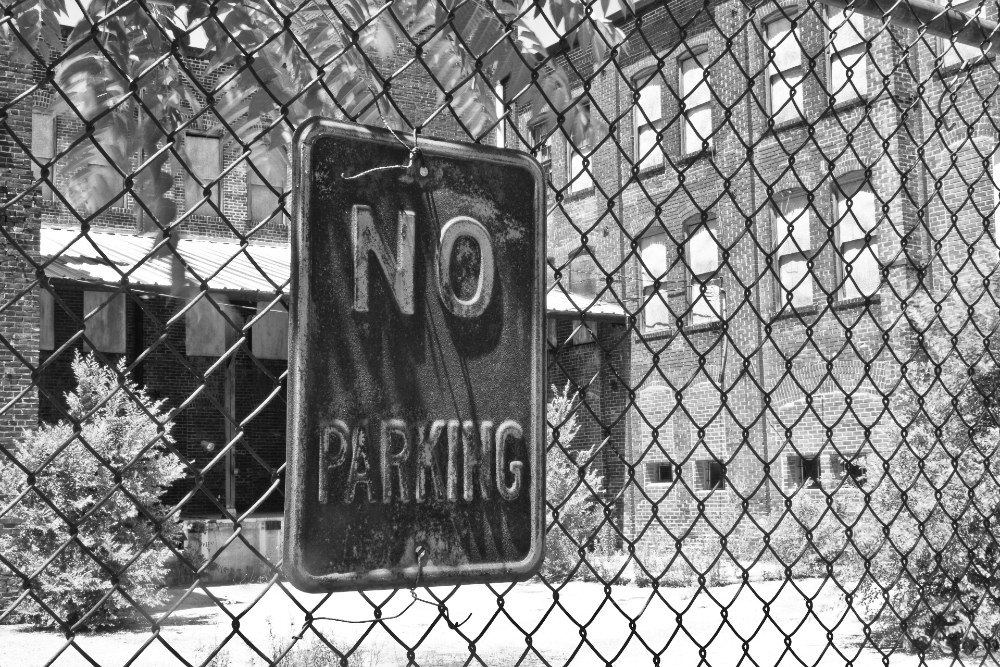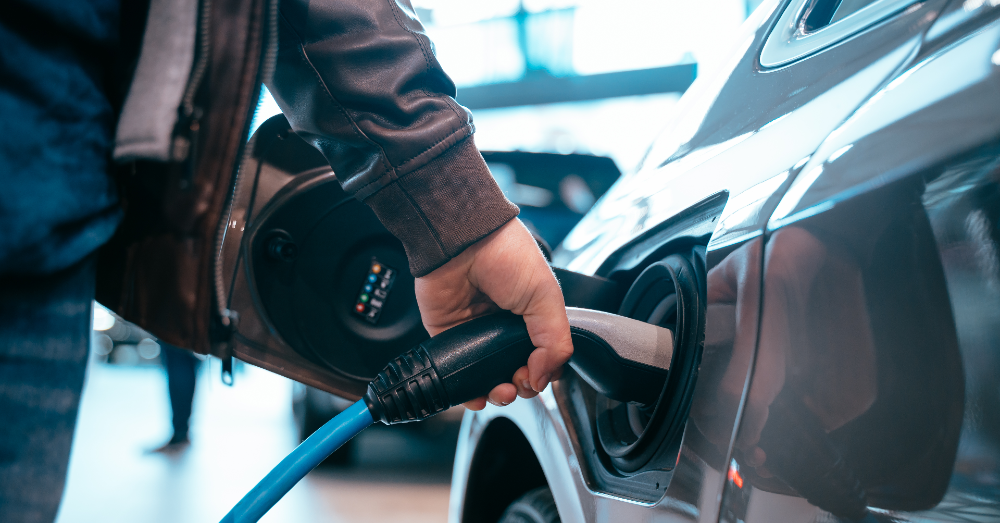
The Government Needs to Get Automotive Spending Right This Time
Before another automotive recession takes place, which is possible, automotive spending needs to be analyzed to ensure consumer protection.
The recession that hit the world in 2008 did massive damage to many industries and caused the Big Three automakers to request bailout money from the federal government. The 2008 recession taught us a lot and should be used as a tool for future needs.
Hopefully, a Bailout Won’t be Needed
The recent COVID-19 pandemic could have been enough to spurn a necessary bailout, but dynamic online sales processes and safe working environments allowed many dealerships and automakers to go back to work much sooner than anticipated. While no automaker recovered all of what they anticipated to collect in 2020, most did better than expected once sales began again during this pandemic.
Automakers Have Been Planning for a Sales Decline
One of the most important lessons from 2008 was the fact that sales can only reach so far and once they do, they must decline. Ford and GM have already trimmed their lineups to only include the most popular names, which allows them to be more profitable. Both have also increased the number of hybrids and electric models offered. If sales decline or gas prices skyrocket, these two brands will be ready for the challenge.
What Should a Federal Package Include to Ensure Proper Automotive Spending?
It’s not as much the amount of money that makes a difference, but how it’s spent. Not only should our domestic automakers be ready for a decline in sales, if the Federal government were to step in, but there should also be some specific regulations to ensure this package benefits consumers and the industry.
The Environment Must be at the Forefront
Truly, there’s no excuse for emissions regulations to be lessened. We know automakers can create more efficient cars than ever and make them in ways that will reduce pollution into the atmosphere. Automotive spending needs to focus on processes and vehicles that will protect the environment rather than harm it.
Consumer Protection is a Must
Consumers are more vulnerable to a recession than a large automotive company. The federal government would need to create regulatory programs against charging excessive loan rates, fighting against fraud, and ending markups by dealers. It’s important to keep the consumers protected throughout the process of buying a car.
A Car-Free Future Might be Necessary
While the auto industry doesn’t seem like the right fit for creating a car-free world, it can be if better public transportation solutions are being reviewed. A bailout, if necessary, would need to encourage ways to have fewer vehicles on the road that pollute the air and negatively impact the climate. This might be a bit of a stretch, but it could be necessary.
The goal for the auto industry is to not need the Federal Government to step in, which means responsible automotive spending on their part. The fact that the automakers made it through the COVID-19 pandemic without a bailout could be a signal that government assistance might not be necessary for the future.
This post may contain affiliate links. Meaning a commission is given should you decide to make a purchase through these links, at no cost to you. All products shown are researched and tested to give an accurate review for you.



